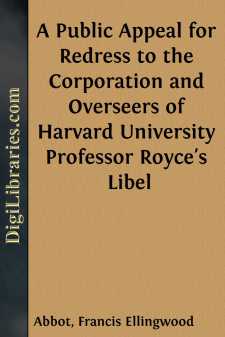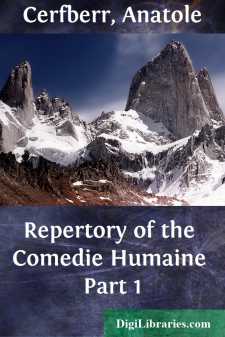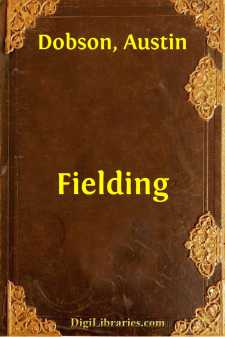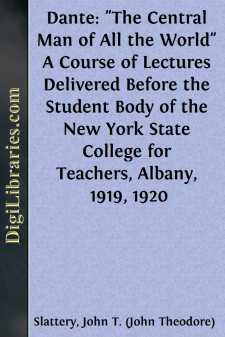Non-Classifiable
- Non-Classifiable 1768
Non-Classifiable Books
Sort by:
The rent of land is a portion of the national revenue, which has always been considered as of very high importance. According to Adam Smith, it is one of the three original sources of wealth, on which the three great divisions of society are supported. By the Economists it is so pre-eminently distinguished, that it is considered as exclusively entitled to the name of riches, and the sole fund which is...
more...
EXPLOSIVE AND POISONED MUSKET AND RIFLE BALLS. The following remarkable statement occurs as a note to the account of the battle of Gettysburg, on page 78, volume III, of "The Pictorial History of the Civil War in the United States of America, by Benson J. Lossing, LL. D.": Many, mostly young men, were maimed in every conceivable way, by every kind of weapon and missile, the most fiendish of...
more...
PUBLIC APPEAL. To the President and Fellows and Board of Overseers of Harvard University: Gentlemen,—Believing it to be a necessary part of good citizenship to defend one's reputation against unjustifiable attacks, and believing you to have been unwarrantably, but not remotely, implicated in an unjustifiable attack upon my own reputation by Assistant Professor Josiah Royce, since his attack is...
more...
PREFACE. The rapid advances made in the science of botany within the last few years necessitate changes in the text books in use as well as in methods of teaching. Having, in his own experience as a teacher, felt the need of a book different from any now in use, the author has prepared the present volume with a hope that it may serve the purpose for which it is intended; viz., an introduction to the...
more...
by:
William Booth
What is the outward and visible form of the Problem of the Unemployed? Alas! we are all too familiar with it for any lengthy description to be necessary. The social problem presents itself before us whenever a hungry, dirty and ragged man stands at our door asking if we can give him a crust or a job. That is the social question. What are you to do with that man? He has no money in his pocket, all that...
more...
Of Memoirs that are truly faithful records of royal lives, we have a few; the late Queen Victoria led the small number of crowned autobiographists only to discourage the reading of self-satisfied royal ego-portrayals forever, but in the Story of Louise of Saxony we have the main life epoch of a Cyprian Royal, who had no inducement to say anything false and is not afraid to say anything true. For the...
more...
by:
Helen Keller
THE SEEING HANDI HAVE just touched my dog. He was rolling on the grass, with pleasure in every muscle and limb. I wanted to catch a picture of him in my fingers, and I touched him as lightly as I would cobwebs; but lo, his fat body revolved, stiffened and solidified into an upright position, and his tongue gave my hand a lick! He pressed close to me, as if he were fain to crowd himself into my...
more...
by:
Anatole Cerfberr
TRANSLATOR'S PREFACE "Work crowned by the French Academy" is a significant line borne by the title-page of the original edition of Messieurs Cerfberr and Christophe's monumental work. The motto indicates the high esteem in which the French authorities hold this very necessary adjunct to the great Balzacian structure. And even without this word of approval, the intelligent reader needs...
more...
by:
Austin Dobson
EARLY YEARS—FIRST PLAYS. Like his contemporary Smollett, Henry Fielding came of an ancient family, and might, in his Horatian moods, have traced his origin to Inachus. The lineage of the house of Denbigh, as given in Burke, fully justifies the splendid but sufficiently quoted eulogy of Gibbon. From that first Jeffrey of Hapsburgh, who came to England, temp. Henry III., and assumed the name of...
more...
DANTE AND HIS TIME To know Dante we must know the age which produced Christianity's greatest poet, he whom Ruskin calls "the central man of all the world, as representing in perfect balance the imaginative, moral and intellectual faculties, all at their highest." Other writers are not so dependent upon their times for our clear understanding of their books. Dante to be intelligible to the...
more...











